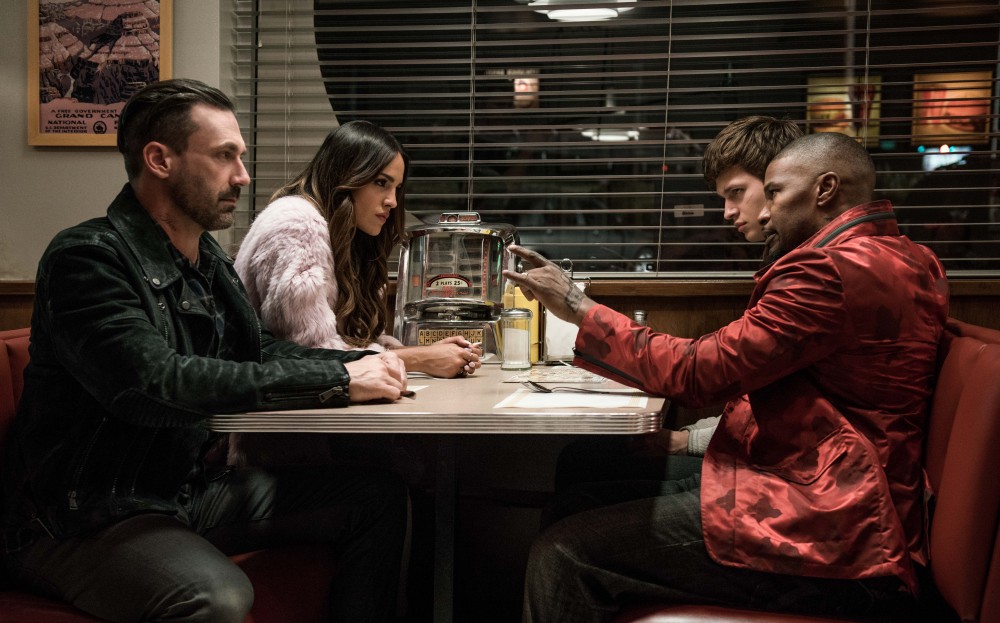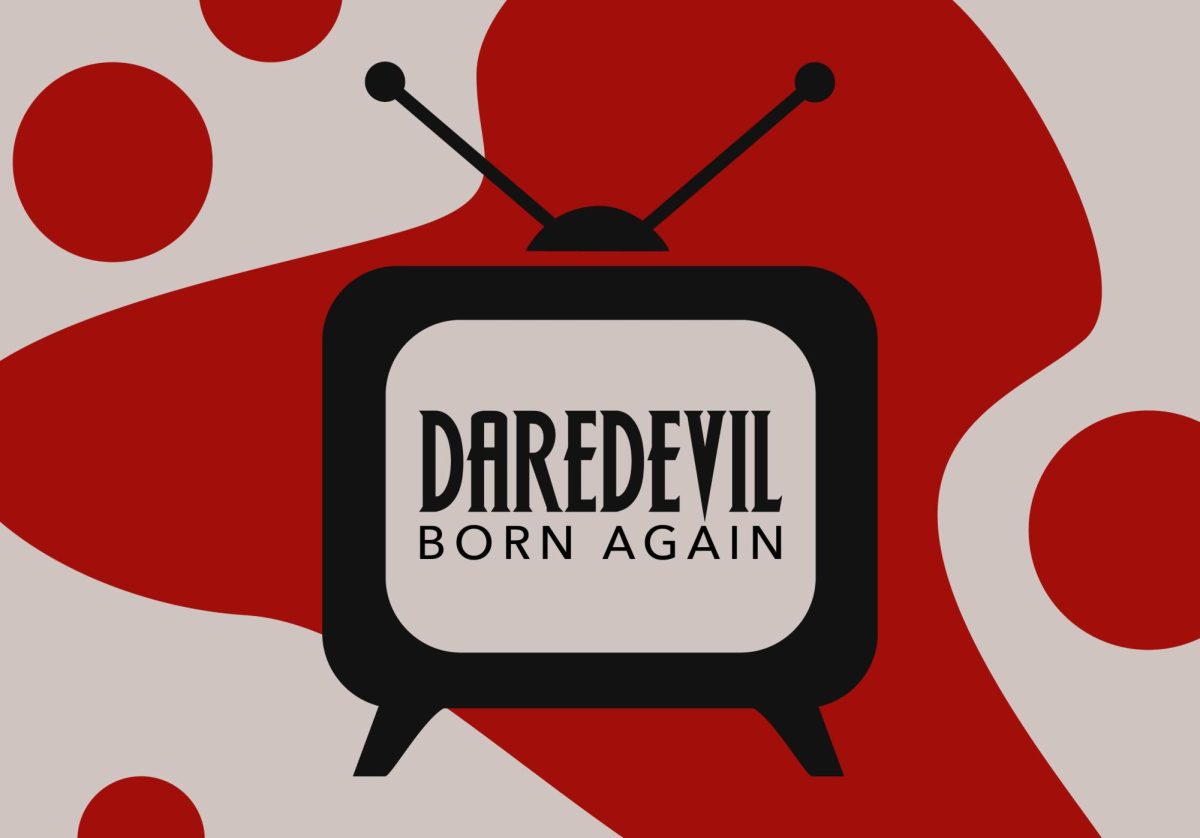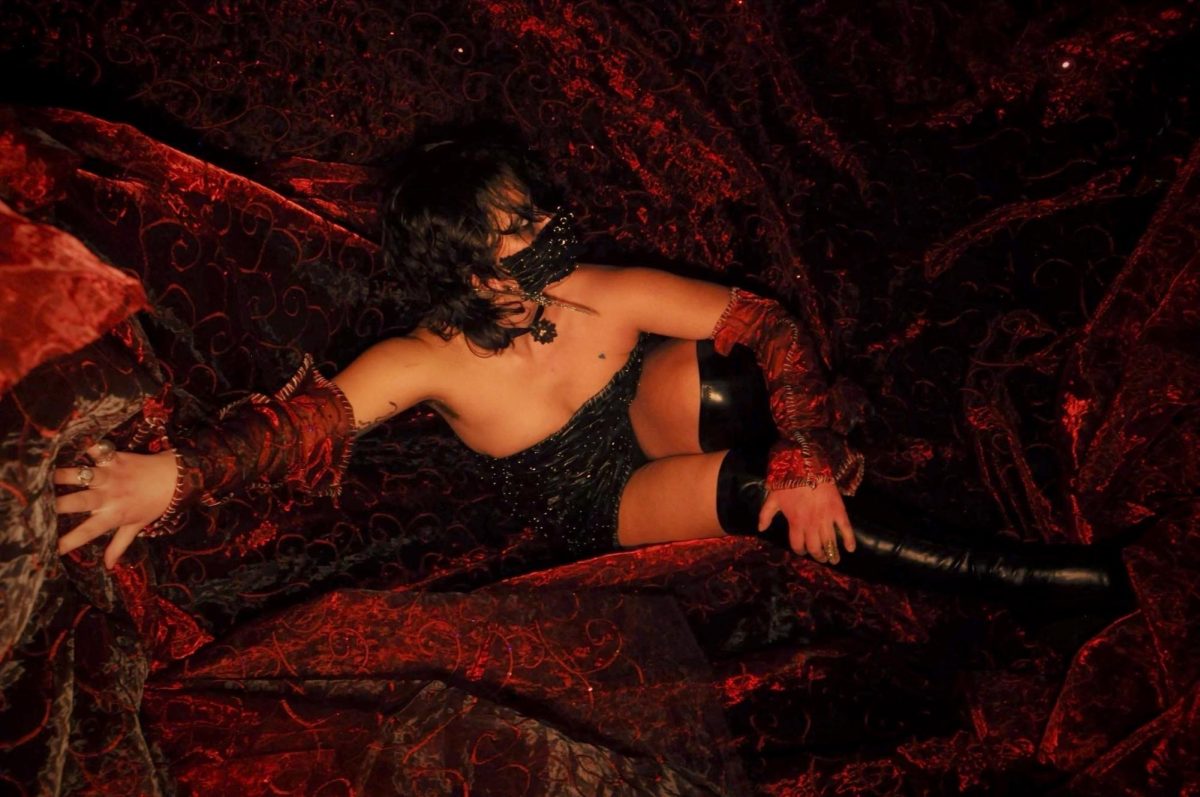“Baby Driver” opens with the eponymous character, Baby (Ansel Elgort), sitting in a car and dancing to “Bellbottoms” by the Jon Spencer Blues Explosion while his colleagues rob a bank at gunpoint. The camera moves around Baby as if inspired by the music, breaking the wall between the observer and the observed. While Baby uses the car as his drum set, his blatant enthusiasm is as electrifying as the ensuing car chase.
Written and directed by Edgar Wright (“Hot Fuzz,” “The World’s End,” “Scott Pilgrim vs. the World”), “Baby Driver” tells the story of every action movie, ever — someone must do one last job to get out of the business, only to find it’s their most dangerous yet.
Baby is a getaway driver, and a young one at that. He’s indebted to bank robbery mastermind Doc (Kevin Spacey) for trying to steal his car when he was younger, and proves himself too good a driver to make a clean break from the business.
In short, “Baby Driver’s” plot is one giant cliché — and it’s supposed to be.
The enjoyment of the film comes from seeing the expected in an unexpected way. As the dialogue unfolds, it sets itself up to be the same thing you’ve seen and heard in every Steven Seagal action flick. And on paper it would be.
But it’s how the lines are delivered that keeps the audience laughing.
The movie mocks, but with deep reverence for its genre. When Elgort tells people he’s “Baby: B-A-B-Y, Baby,” the audience has no choice but to think with loving nostalgia of all the crap-action films they’ve ever seen.
A deep love for film is Wright’s greatest achievement in “Baby Driver.” Throughout the film, it’s impossible not to be both happy and anxious.
Wright blends the star-gazing romance between Baby and Deborah (Lily James) skillfully with the intense yet hilarious performances of Jamie Foxx as Bats and Jon Hamm as Buddy. A fast paced car chase follows a laundromat dance scene, and it’s impossible to tell which is more masterfully done. Nor is it important — what matters is the pure enjoyment in both.
The film continues Wright’s tradition of absurdly clear camera work. With the built–in soundtrack and camera that spins playfully around the action, the movie feels as much like a musical as it does an action flick.
And the film is more than a fun and clever homage to Hollywood — Wright puts a contemporary twist on the overused plot.
Baby is a young man with an inescapable debt who needs to sell his soul to “the man” to get out from under. It’s a storyline all too familiar to millennial college graduates.
Yet Baby is still very much what his name implies — a baby — who makes beats from criminals’ voice recordings and dreams of driving west without responsibility.
Simply put, “Baby Driver” is about becoming an adult in a world designed to crush you.
With this set up — the job, the girl, the insane colleagues — “Baby Driver” builds up to an intense ending.
And if the movie seems to stumble at all, it’s here. The end of the film feels uncomfortable, like it doesn’t know how to answer its own question: does Baby evolve to survive, or is he crushed in pursuit of the music, the girl and the innocence? Or worse — does Wright surrender and give Baby the dream, free of charge?
And the romance — how long has Baby really known this girl? And she’s going to runoff with him?
Then again, it’s meant to be uncomfortable, and the romance is supposed to be too good to be true. Baby counts himself king in his dream world and would happily stay there if not for bad dreams.
Wright adds in about seven more twists than typical for a film of the genre (you’ll have to wait and see what they are). It’s as if “Baby Driver,” like Baby, is playing with the possibility of adulthood while the song “Only the Good Die Young” plays whimsically on vinyl off in the distance.
Grade: A-








